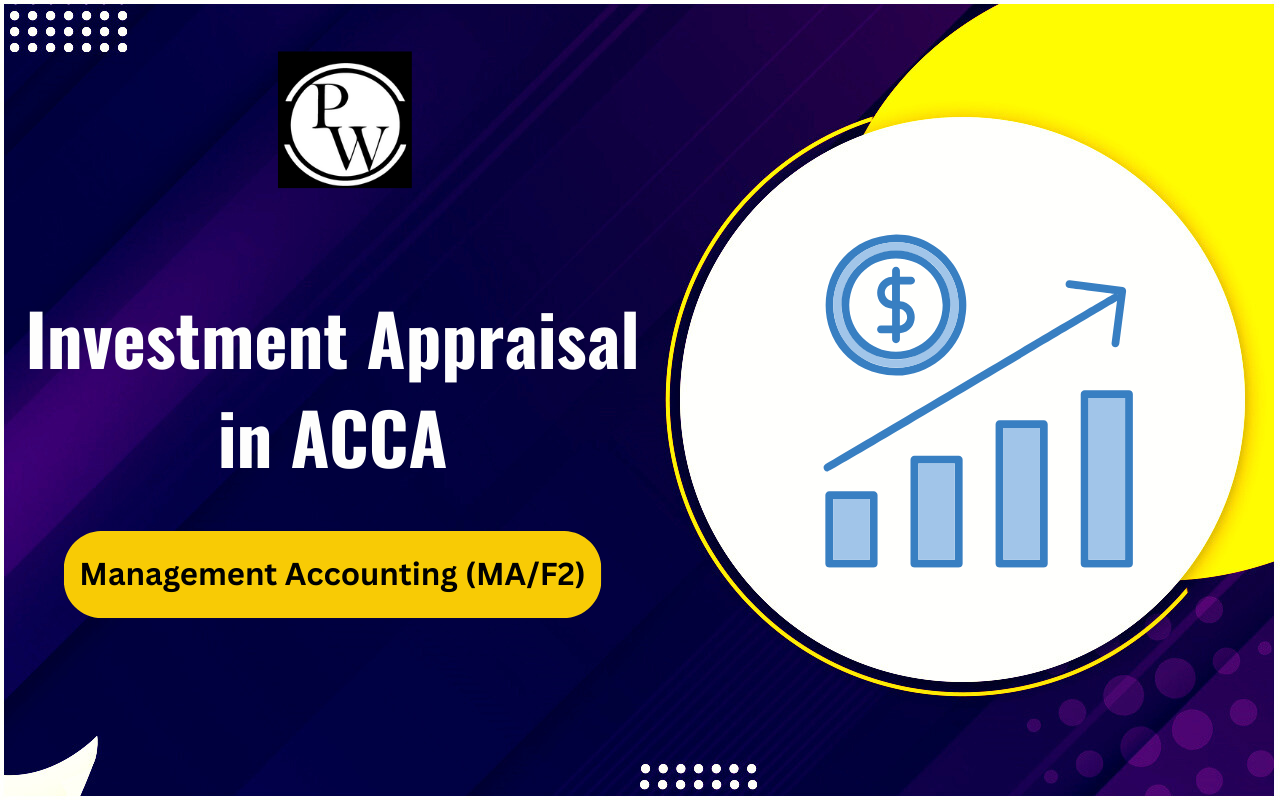
Importance of Soft Skills for CA : Becoming a Chartered Accounta nt (CA) necessitates proficiency in technical expertise and soft skills crucial for thriving in today's dynamic business landscape. Although technical knowledge is undeniably vital, the significance of qualities like leadership, communication, and teamwork cannot be emphasized enough.
This blog post will delve into the significance of these skills for CA and demonstrate how they pave the way for a fulfilling and influential career.
Why Are Soft Skills Important For a CA?
Technical knowledge is the foundation upon which a Chartered Accountant builds their expertise. It encompasses various disciplines, from financial accounting principles to taxation laws and auditing methodologies.
A CA must demonstrate a deep understanding of these complex domains, as they form the backbone of their professional competence. This knowledge empowers them to navigate intricate financial landscapes, ensuring compliance with regulatory frameworks and delivering accurate and insightful financial reporting.
However, technical prowess alone is insufficient in the modern business milieu. Soft skills have emerged as indispensable assets for Chartered Accountants seeking to excel in their profession and leave a lasting impact on their organizational environment. Leadership acumen is a cornerstone in this regard.
A CA must be able to inspire and guide their team, providing direction and vision amidst complex financial scenarios. Effective leadership fosters a culture of innovation and accountability, driving the pursuit of excellence within the organization.
Communication proficiency stands as another critical pillar of a CA's skill set. The ability to convey complex financial information clearly and concisely is paramount. Effective communication ensures that information is understood and actions are aligned, whether by liaising with clients, presenting findings to stakeholders, or collaborating with colleagues. It transcends traditional reporting, encompassing the art of active listening and the capacity to tailor messages to diverse audiences, thus enhancing transparency and trust.
Moreover, a Chartered Accountant thrives in an environment that demands seamless teamwork. The intricacies of modern business operations often necessitate the collaboration of multifaceted teams, each contributing their specialized expertise. A CA must possess the ability to function harmoniously within such contexts, leveraging collective intelligence to devise innovative solutions and drive organizational success. Teamwork fosters synergy, enabling the CA to tap into a reservoir of diverse perspectives and insights.
What are Some of the Soft Skills Every CA Student Should Have?
Becoming a Chartered Accountant (CA) is more than just knowing numbers and rules about money. It's also about having important skills that help in your job. These skills make you better at talking to others, thinking carefully, and adjusting to changes in the financial world. In this article, we'll talk about the important skills that CA students should learn to do well in this job.Leadership Skills:
Leadership involves guiding and motivating others towards shared objectives. It is crucial for a CA for various reasons:
- Team Management: As a CA, you may lead a team of professionals. This entails assigning tasks, boosting team morale, resolving conflicts, and fostering a positive work atmosphere. Effective leadership facilitates smooth workflow and ensures the team works together to achieve goals.
- Decision Making: CAs often face complex financial scenarios necessitating prompt and accurate decisions. Those with strong leadership skills can make well-informed decisions, consider diverse perspectives, and take responsibility for outcomes, enhancing their reputation as trusted advisors.
- Client Relationships: Establishing and nurturing client relationships is pivotal for business success. CAs with solid leadership skills can establish deep client trust, comprehend their needs, and offer exceptional service, resulting in enduring relationships founded on trustworthiness and credibility.
Communication Proficiency:
A CA's role demands the ability to convey intricate financial information clearly and succinctly. CAs with strong communication skills can connect with stakeholders, express ideas effectively, and overcome challenges. Here's why communication skills are vital:
- Client Communication: CAs frequently interact with clients who may not be well-versed in finance. The ability to explain complex concepts understandably builds trust and ensures clients have confidence in the CA's expertise. Clear communication fosters effective collaboration by minimizing misunderstandings and enhancing transparency.
- Report Writing: CAs routinely compose reports and financial statements. They must possess strong communication skills to present information accurately, succinctly, and in a manner understandable to a broad audience, including non-financial stakeholders.
- Negotiation and Presentation: CAs often engage in negotiations for contract agreements, financial planning, or audit processes. Effective communication enhances their ability to persuade, influence, and present their viewpoints convincingly, leading to positive outcomes.
Collaboration with Colleagues:
Working effectively with colleagues, auditors, clients, and other professionals is integral to a CA's role. Teamwork skills are vital for the following reasons:
- Interdisciplinary Collaboration: CAs frequently collaborate with professionals from diverse fields. Strong teamwork facilitates effective collaboration, leveraging the team's expertise and diverse perspectives to offer comprehensive solutions.
- Problem-solving: Complex financial issues necessitate a collaborative approach. Working in groups enables CAs to brainstorm, analyze problems from various angles, and devise creative solutions. Teamwork can uncover new possibilities and yield better results.
- Professional Development: Teamwork provides avenues for learning and growth. Engaging with diverse team members exposes CAs to fresh ideas, broadens their perspectives, and enhances their skills through knowledge sharing and mentorship.
In addition to leadership, communication, and teamwork, there are several other crucial soft skills for today's CA:
- Planning and Organizational Skills: Employers value professionals who can plan effectively, prioritize tasks, and manage their time. Strong organizational skills ensure the timely completion of financial projects, leading to increased productivity and success.
- Multitasking: The ability to handle multiple tasks simultaneously is indispensable in the fast-paced world of CAs. Professionals who can adeptly manage various responsibilities demonstrate efficiency and adaptability and stand out in the crowd.
- Working Under Pressure and Independently: This field often requires individuals to work autonomously, taking ownership of their tasks and delivering results without constant supervision. The ability to work under pressure, meet deadlines, and maintain high accuracy and attention to detail is highly valued.
- Excelling in Both Group and Independent Settings: While teamwork is crucial, the capability to work independently is equally essential. Employers seek professionals who can collaborate effectively, contribute to team objectives, and work autonomously when necessary. Self-motivation and the ability to manage individual tasks demonstrate initiative and resourcefulness.
| Also Read: | ||
| CA Foundation 2023 | CA Intermediate 2023 | CA Final 2023 |
| CA Exam 2023 | CA Registration 2023 | CA Result 2023 |
| CA Eligibility 2023 | ||
Soft Skills for a Successful CA Career FAQs
Why are soft skills important for a Chartered Accountant (CA)?
Why are leadership skills important for a CA?
Why is communication proficiency vital for a CA?
Why is multitasking important for a Chartered Accountant's success?
Can you provide tips for CAs to improve their planning and organizational skills?








